0 Comments
First, 1991-1992: Annika has always had a difficult time communicating with others. She doesn’t always read social cues or respond to situations in the ways that others believe she should. While some people are antagonistic or uncomfortable around her, it’s her lack of pretense, and her warmth and honesty, among other traits, that Jonathan likes so much.
But Annika and Jonathan’s relationship ends. Ten years later, they run into each other. Annika wants to be with him again, but is Jonathan willing to take another chance? Told from Annika and Jonathan’s perspectives in 1991-92 and 2001, Tracey Garvis Graves’s The Girl He Used to Know is an insightful second chance romance with a giant pained-but-still-hopeful heart. It’s that hopefulness that I loved about this book and its characters; the hope that people can change for themselves in the ways that matter and that the changes willfully undertaken can help them become better partners; the hope that differences can be overcome and challenges can be met when people are willing to fight. This is a lovely romance told in simple and affecting prose, but it also reminds us that love—being in love—requires work. A real commitment to each other and to staying together. And that how we feel about ourselves matters when it comes to how we feel in and about our relationships. These things are made apparent when Annika and Jonathan re-connect in 2001 Chicago, and their future together is so uncertain. For those reasons, The Girl He Used to Know feels authentic to real life, where a HEA is not guaranteed, where people fall in and out of love all the time, and where sometimes love isn’t enough (and of course, sometimes it is). It’s a love story with teeth, and I savored every minute of it. I was given a complimentary copy of The Girl He Used to Know via She Speaks. I never realized how much I was looking for an indomitable heroine until I met the women who populate Sarah J. Maas’s books. And I never understood how much it would mean to me that an indomitable heroine be flawed—that is, like a normal person who makes mistakes and not a perfect person who becomes a perfect sacrifice—until I encountered Aelin in Maas’s Throne of Glass series.
Because it actually means something that the same person who could protect others and make tough decisions, who could make sacrifices for the good of others and save the world, could also be a person whose personality is sometimes abrasive, and who often does cringe-worthy and occasionally awful things, AND does both those good and bad (mostly good) things as a woman. The truth is that for a long time I admired those perfect heroic characters, and a lot of times in my reading experience, those perfect heroic characters were men. Another truth is that for a long time, I felt uncomfortable reading about flawed women, because I wasn’t always (and to some degree, still am not) entirely comfortable with some of my own flaws. And another truth on top of that one: I’m trying to be aware of my own gender biases, the ones that whisper softly that women should be polite and nurturing and selfless, humble and kind, and that flare up when I see women who don’t seem to be embodying those values. I am a work in progress. As much as I love being a mom, treasure it, adore it, there’s also quite a bit of guilt and self-recrimination tossed into the mix. I frequently compare my own actions and thoughts to some idealized notion of mommyhood that I feel I’ve seen exhibited by other moms in my life, or moms in books or movies. I had a rough time with the weight of that guilt for a while, and it was hard, and sometimes still is, to walk away from it. It’s long-lasting, guilt, and once you feel it, it’s difficult to forget about. That’s not to mention the day-to-day inadequacy I sometimes feel, the kind that’s not really related to being a mom, but maybe to being a woman. Did I really say that? Why don’t I understand that? Why are my ankles so thick? Why am I not more like _____? But books, and characters like Aelin, help. Here’s why. Some people like to pretend that books don’t matter, that words are meaningless. But like someone else once noted—books can make us “brave” (I’m so sorry that I can’t remember who said this. I think I saw it on Twitter.) Words have power, and a series of words that are masterfully strung together can make us admire and love and dislike and hate characters; those strung together words can not only intrigue us, they can invest us in characters’s decisions, question them. They can make us wonder what we would do in the respective character’s situation. And if a time comes necessary, as that one unremembered source above suggested, the responses we’ve had to books and characters and specific actions we’ve read about can help us see the right thing, and give us the motivation to do it. Sarah J. Maas writes beautifully, terrifically. On a basic literary level, you’re missing out on quite a lot if you haven’t read her. But for me, the biggest part of her appeal comes from the fact that she writes flawed women and I am a flawed woman. I’ve done good things and I’ve done some bad and I can be funny and annoying and smart and not-very-smart and kind and rude and sometimes I can hit a note like Adele(ish) and sometimes I glance around and make sure no one heard me sing, it's so bad, and it’s all okay, because I’m human and I'm trying. It can be tempting to dwell on the areas where we’ve failed or might fail. But I want to believe—I do believe—that mistakes and heroism (on a small or big level) are not incompatible; that identifying as a woman and being a hero are not incompatible. That flawed women are capable of saving the world and doing it with a smirk--or smile, or frown, whatevs, you be you--on their faces.
For much of this book, the main characters are consumed with thoughts about impending death—specifically, death caused by a centuries-long curse—and yet Sophie Jordan’s This Scot of Mine gave me so much happiness, both reading the book and later, when I found myself daydreaming about a HEA fiercely fought for.
There’s something about the zealous interplay between the main characters: the stubborn, resourceful, and utterly magnificent Lady Clara Autenberry, who is so determined to avoid marriage to her repulsive intended that she tells him she is pregnant by someone else (a huge no-no in their society but the lie results in her freedom from the engagement and her exile to Scotland), and the kind, honorable, and also (*praise hands*) virile Laird Hunt MacLarin, who has feared the curse haunting his family since he was born. You know, the curse that basically dooms any males in his family to death upon conceiving their first son. I kind of got goosebumps the first time that Clara and Hunt meet one another because Jordan does it so deliciously. There’s so much fire between them, and while initially it’s pretty antagonistic, you can see how easily it can (and will) be turned into something sweeter, though no less passionate. Then there’s the plot of this fantastic book, which really gets going with Clara’s lie, and includes so many dramatic moments that kept me invested and thrilled to how sensational it all was. A curse! A marriage that starts with a lie! A terrifying granny, making threats in the dark! You get the picture. Sigh. I would have liked to have seen a bit more relationship evolution between Clara and Hunt that wasn’t specifically related to the curse. I didn’t doubt the strength of their relationship in any way, but I felt like I was missing some of the work showing how they became so emotionally invested in one another. But there was so much that I was wild about in This Scot of Mine, and reading it was a joyful, diverting experience that I could hardly bear to stop until the last words were read. I can’t wait to read the rest in the series. **I received a complimentary copy of this book via Edelweiss+ but all opinions provided are my own. He performed a mystifying inspection: looking at another piece of plywood up close, and then stepping away, crouching down to look up at the plywood and then returning to his full height, and every once in a while, as she shifted her feet and glanced down at her phone and intermittently reminded herself to be patient, she wondered: is this how he feels in a bookstore with me? **These aren't affiliate links. I just love Etsy and believe in supporting small businesses!
|
About me.Give me that HEA, please.
Join my mailing list.Want to receive a weekly email with links to my latest blog posts? Sign up below!
Archives
April 2024
Categories
All
|
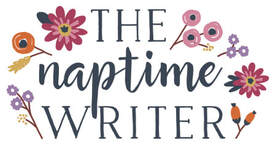
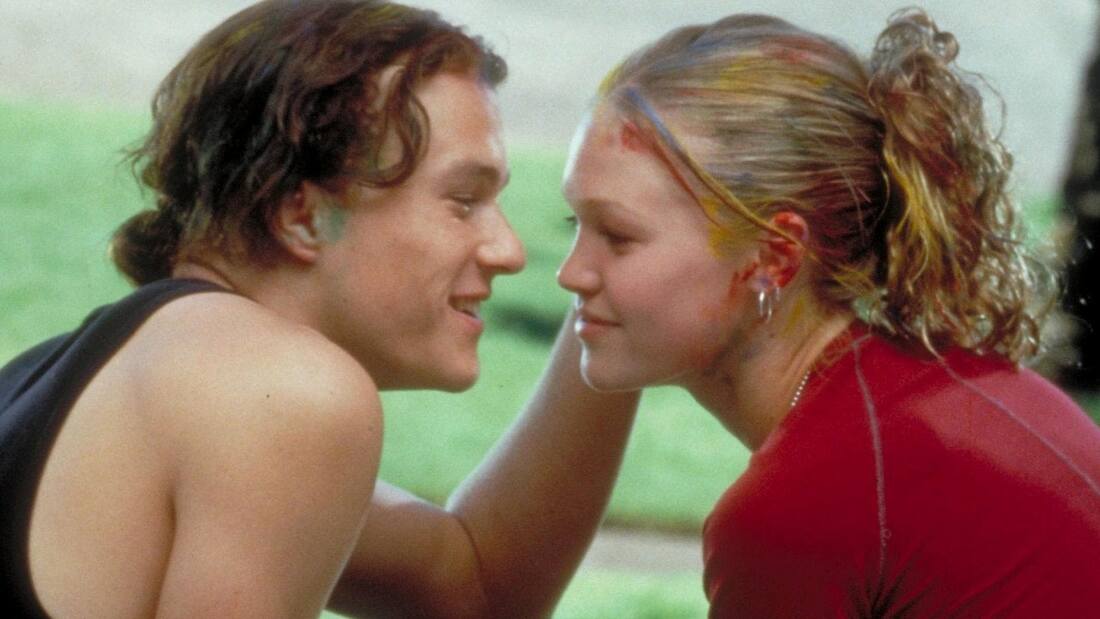

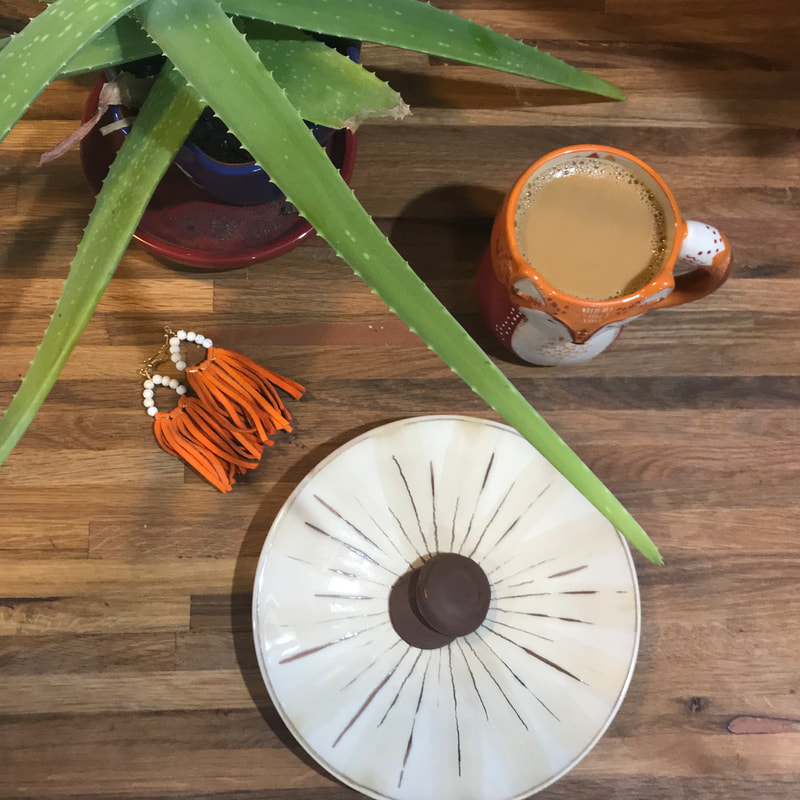
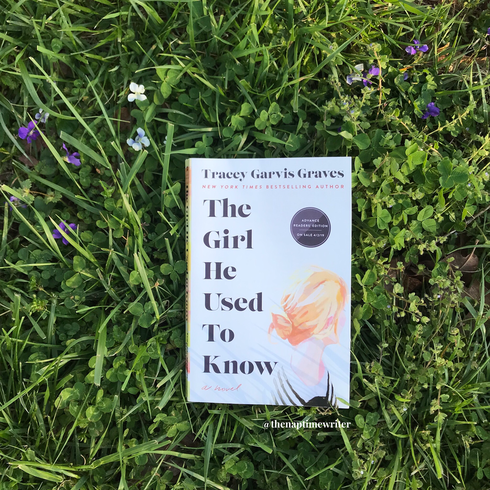
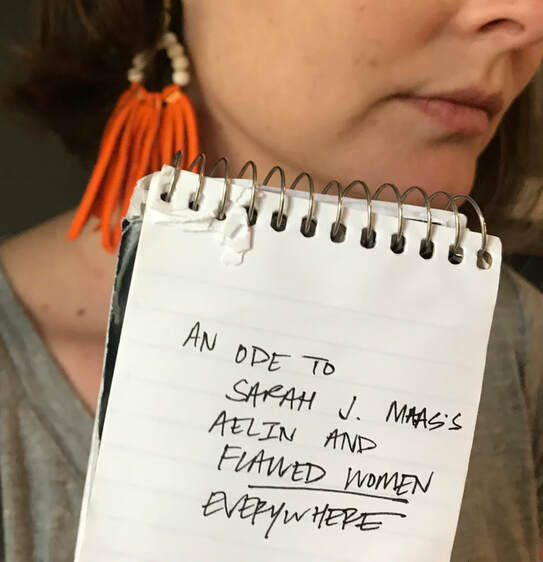
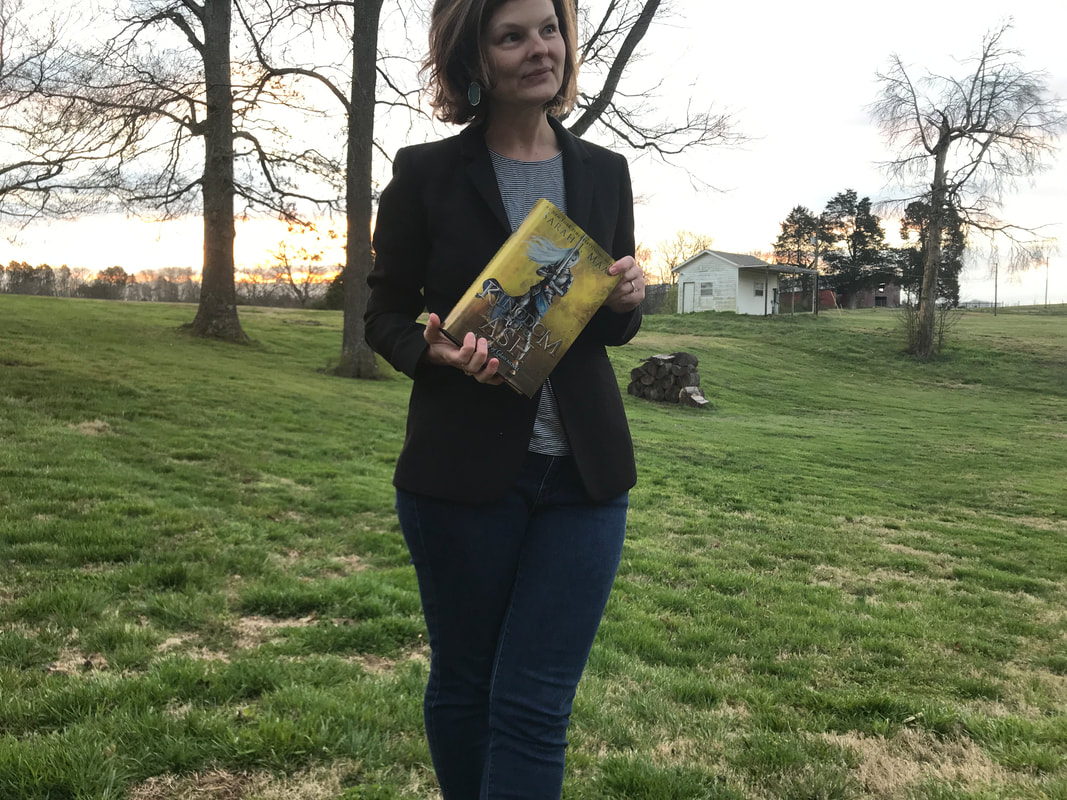
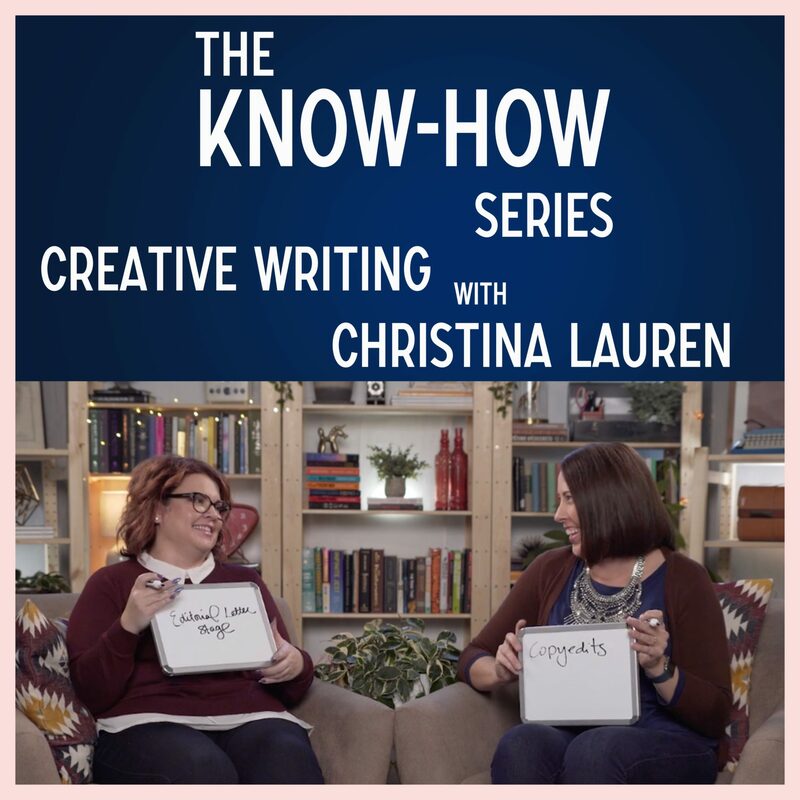

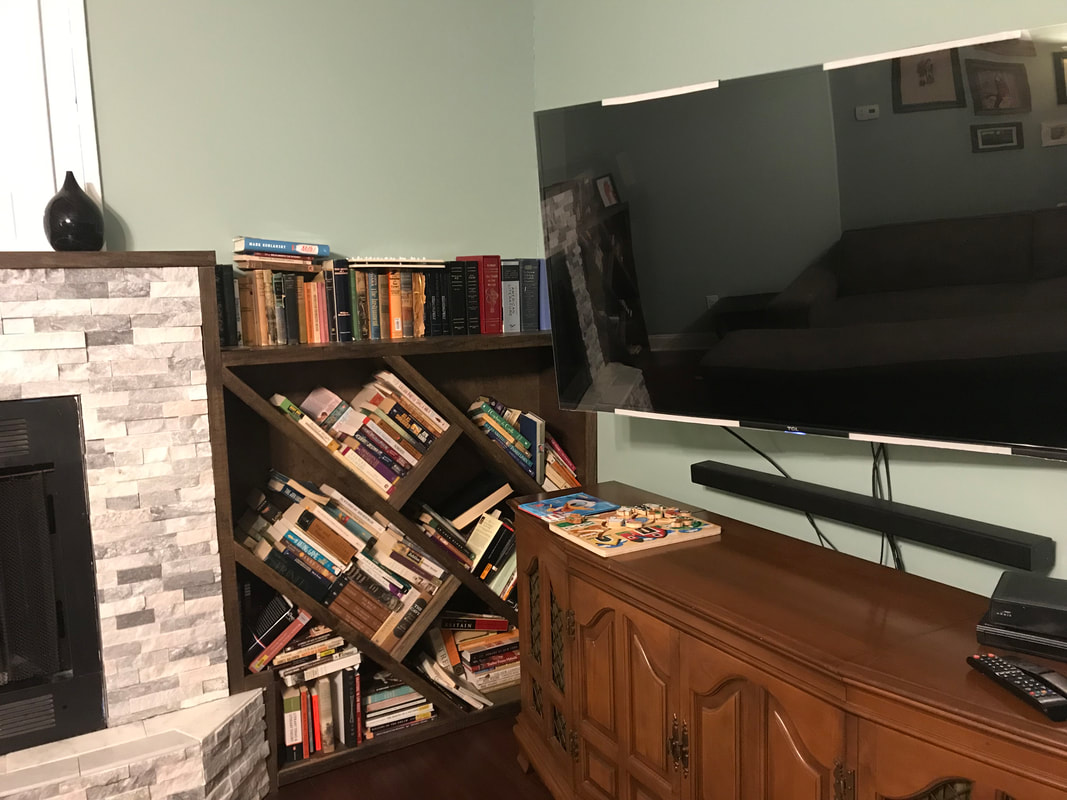
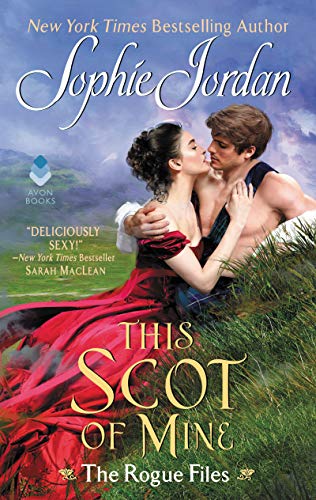
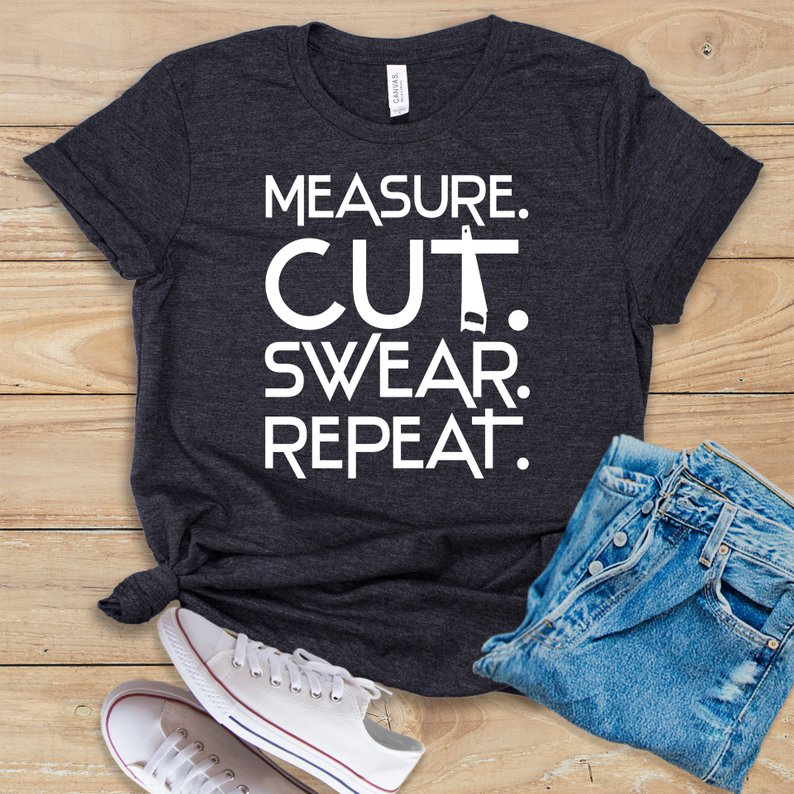
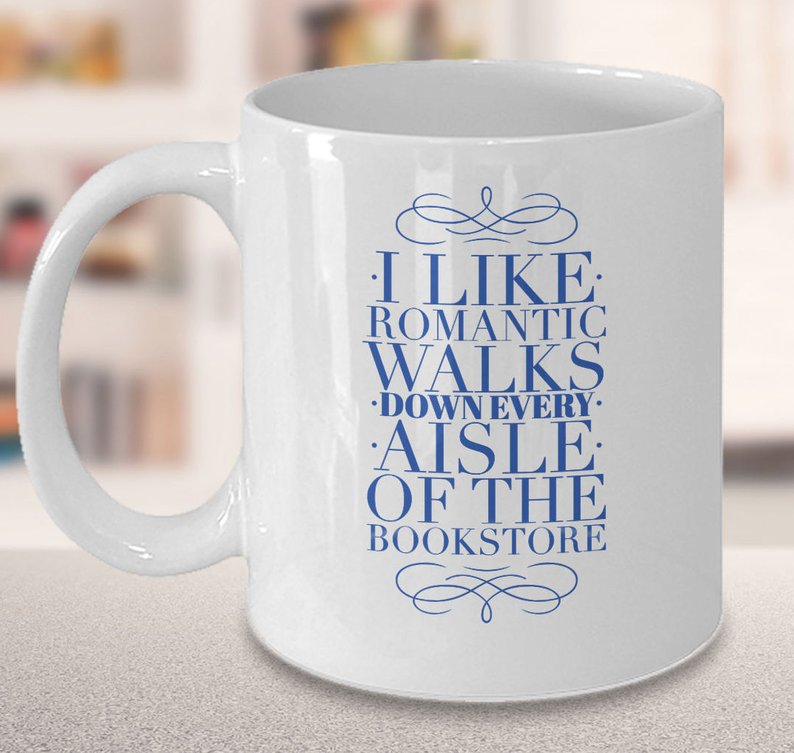
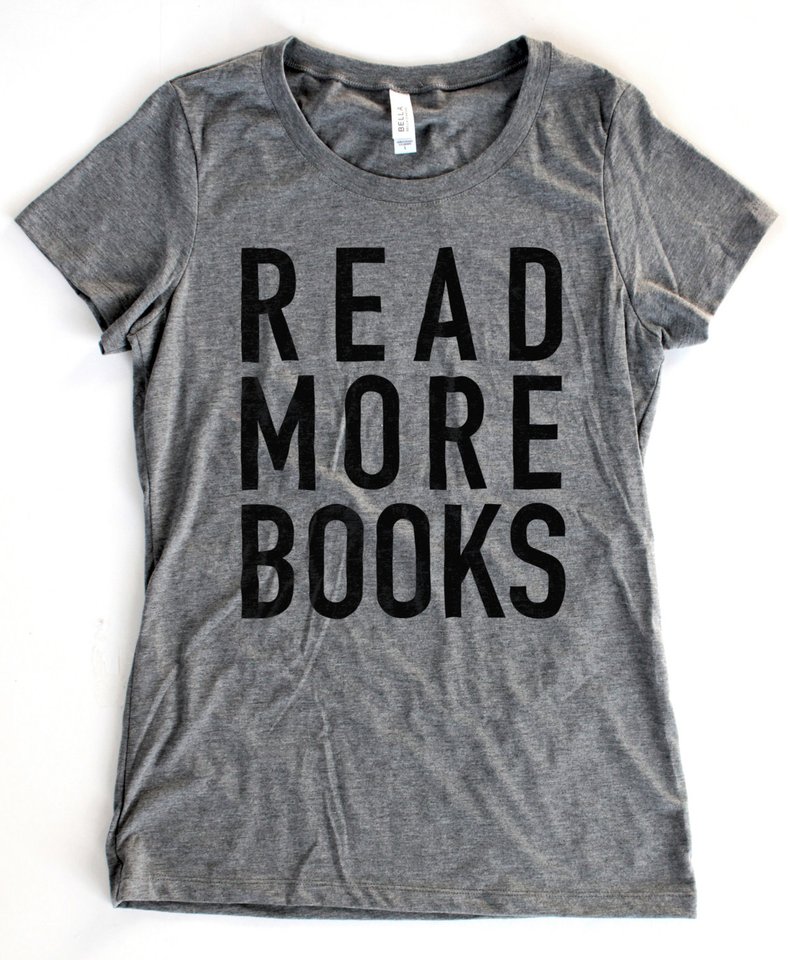
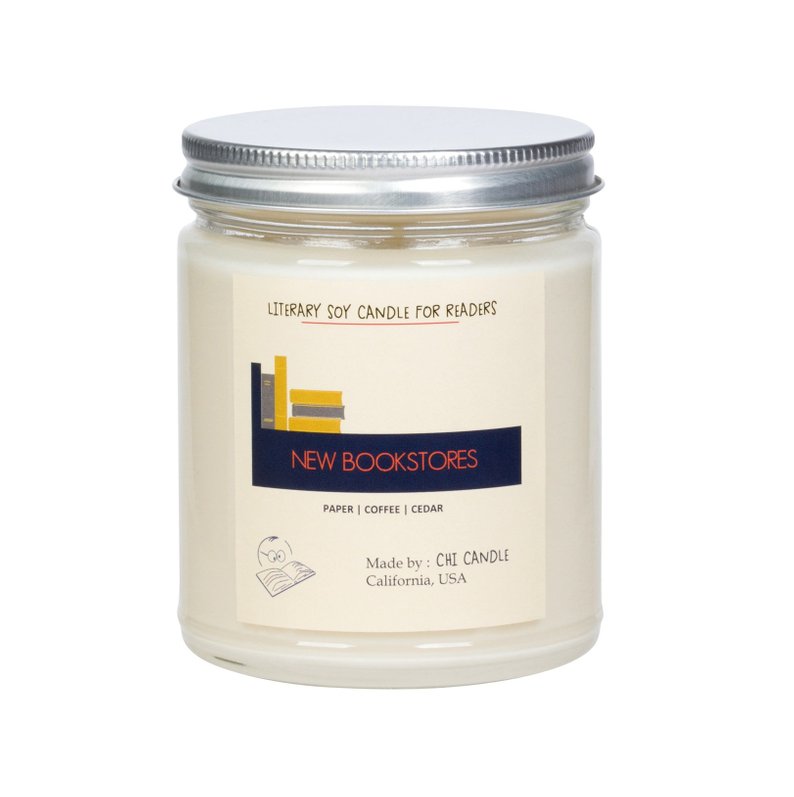
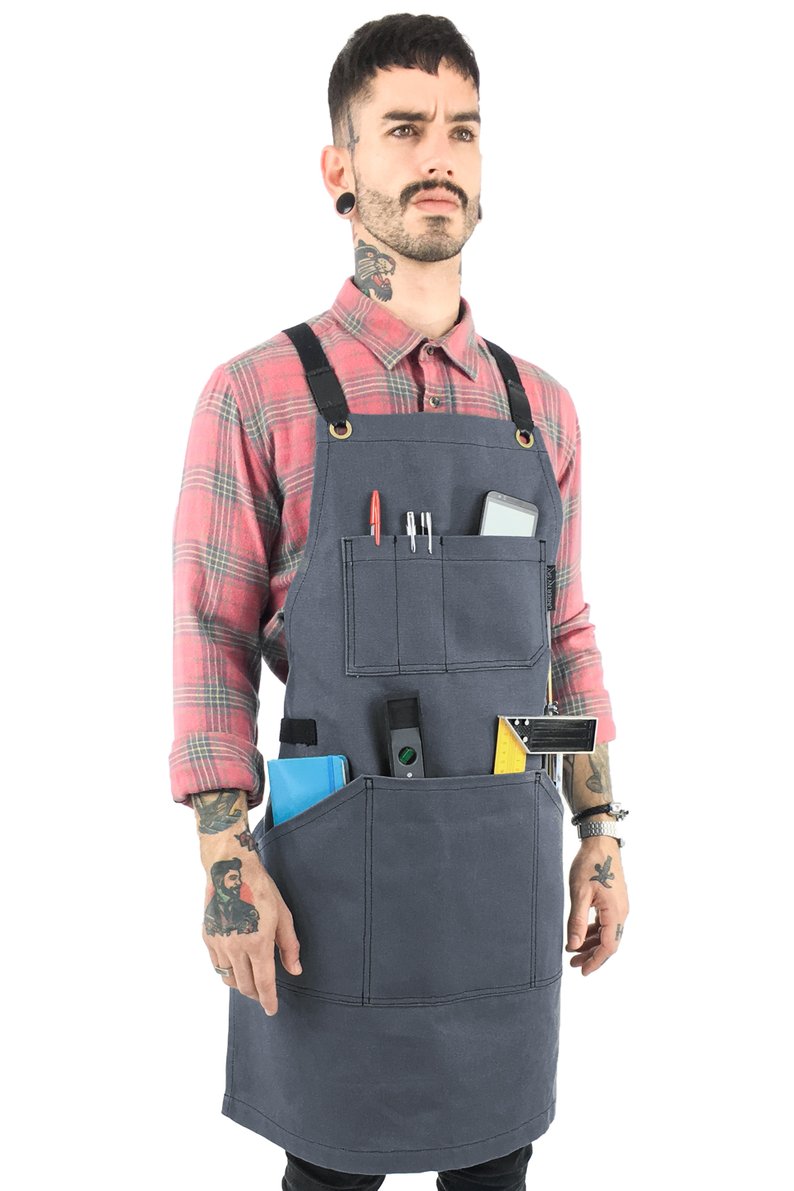

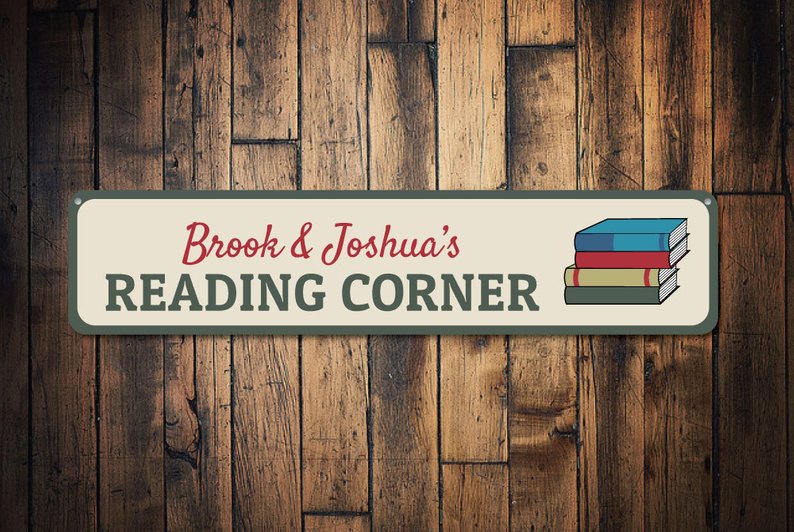
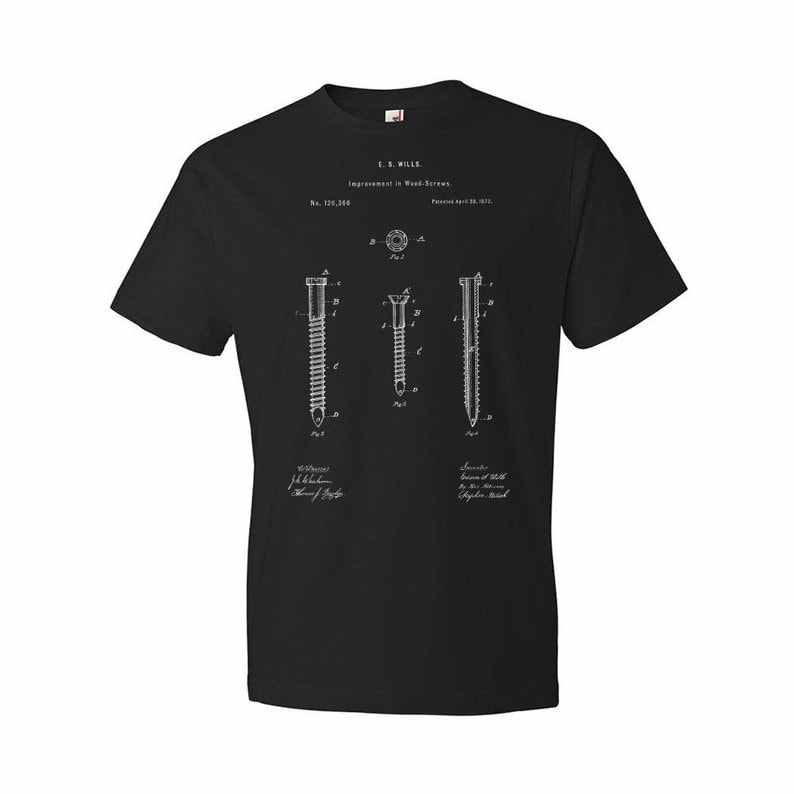
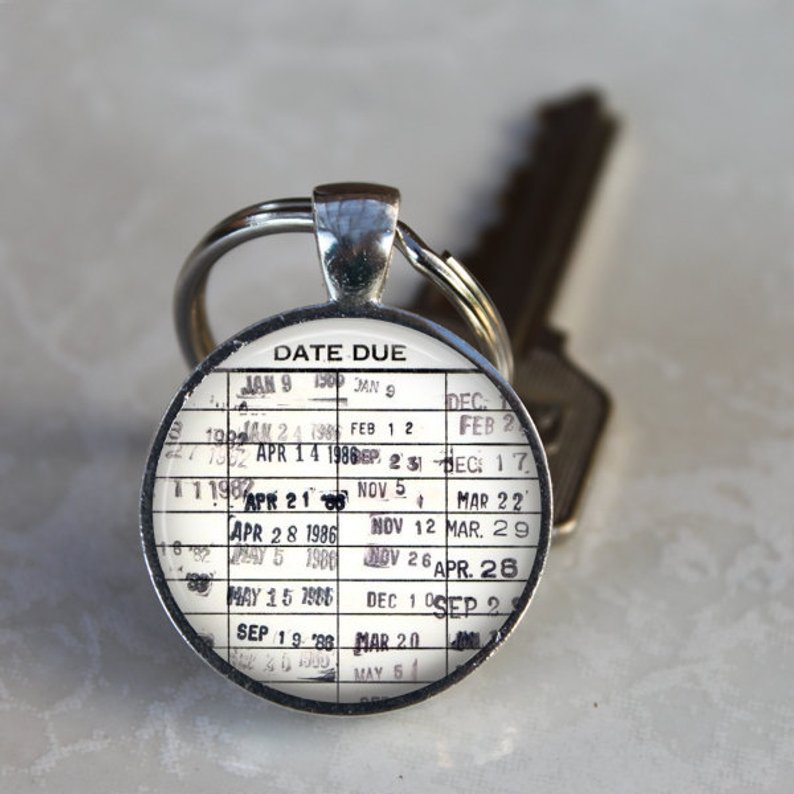
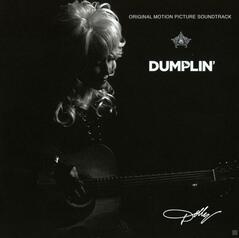
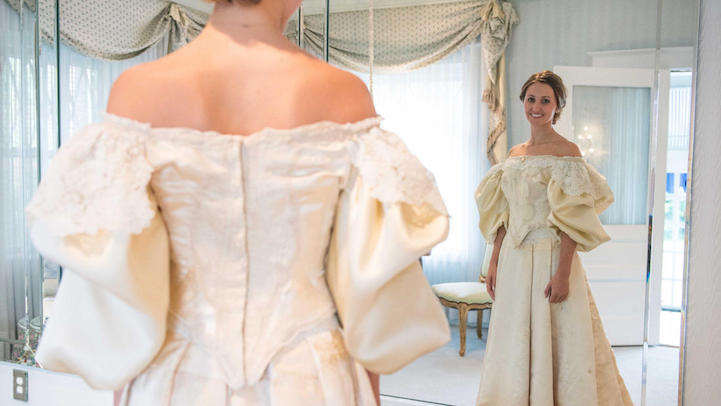

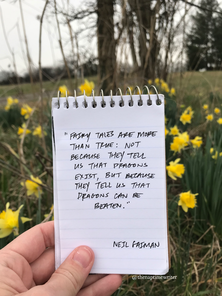
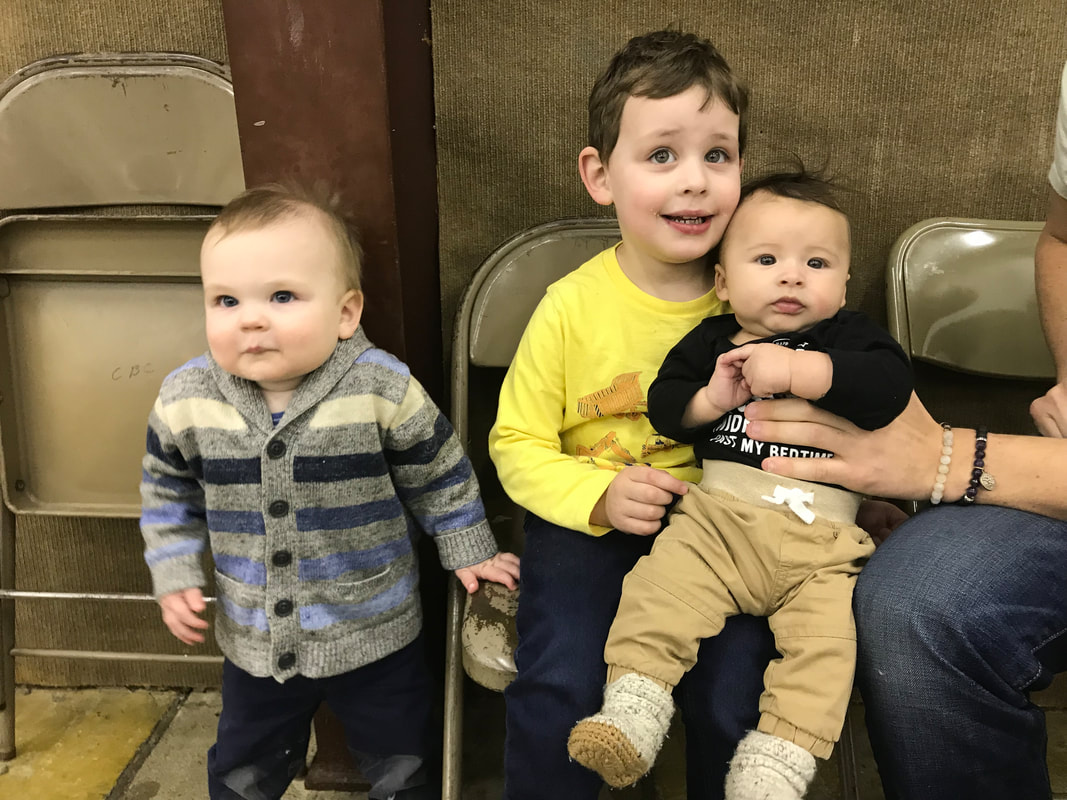
 RSS Feed
RSS Feed
